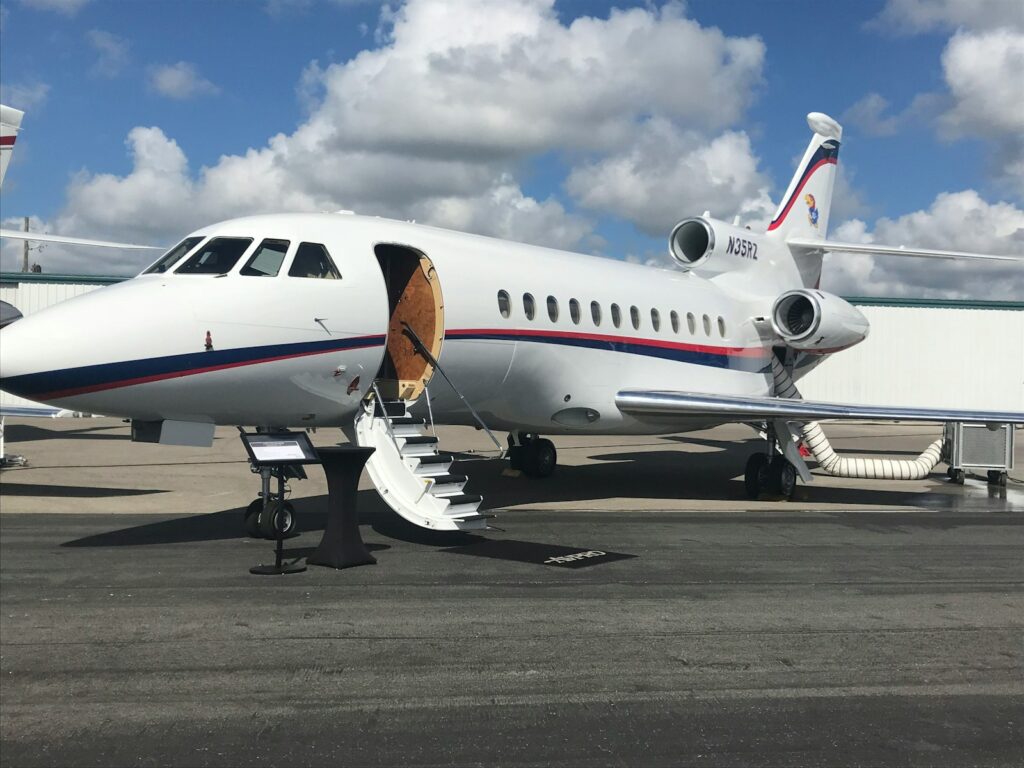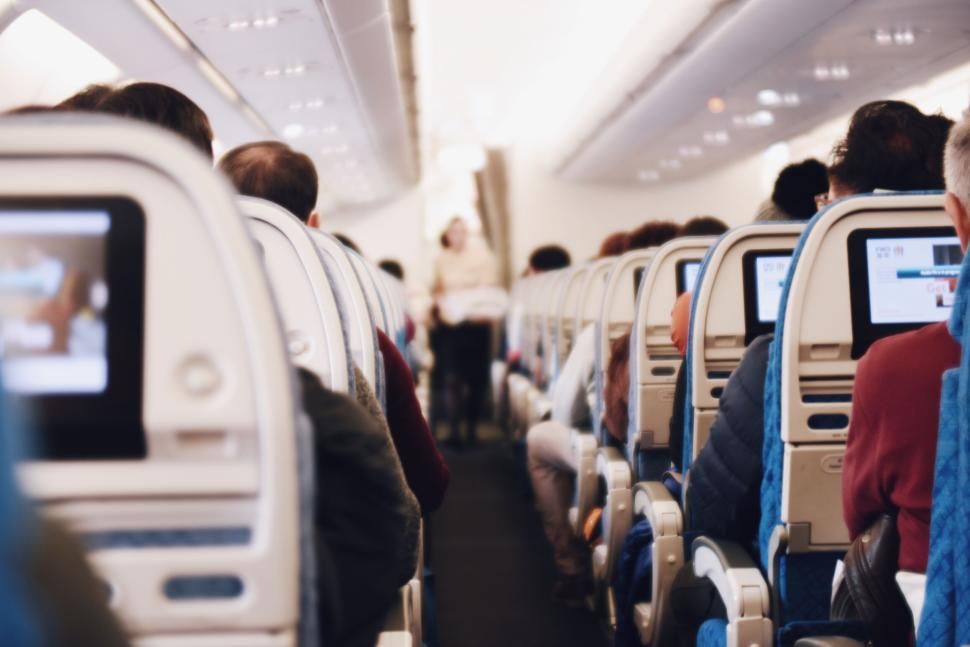
Let’s be real, flying can be a wild ride – and I’m not just talking about turbulence. There’s a special kind of collective sigh that goes through every single passenger on a plane the moment the wheels hit the tarmac. We’ve all been there, mentally unbuckling our seatbelts, hands hovering over our carry-ons, ready to make a break for the exit door. The magnetic pull of the outside world, the thought of finally stretching our legs and escaping the confines of that metal tube, is almost irresistible. It’s a universal feeling, a shared yearning to be off the plane and into the fresh air of our destination.
But here’s the kicker: while that temptation to bolt is definitely real for most of us, there’s an unspoken agreement among the sane majority. We acknowledge that everyone else on board is feeling the exact same way. We understand that, ultimately, all you can do is wait your turn. It’s part of the social contract of air travel, a quiet understanding that we’re all in this together, crammed into this airborne bus, and common courtesy dictates we wait our turn, just like everyone else. Or at least, that’s how it’s supposed to work.
However, sometimes, that unwritten rule seems to vanish into thin air, particularly for those who feel the rules simply don’t apply to them. You know the type – the folks who are ‘entitled’ enough to push through check-in queues, believing their time is inherently more valuable than anyone else’s. But to literally run to the front of the plane the second it lands, as if a gold medal awaits at the boarding door? That, my friends, is a whole other level of audacious entitlement. And that’s precisely why the internet went wild for a pilot who handled one such ‘special’ passenger with a heroic, and frankly, hilarious, response.
Imagine this: an eight-hour flight, everyone on board is utterly exhausted, the kind of bone-deep fatigue that makes you want to curl up and sleep on the baggage carousel. The plane has just landed, still rolling down the runway, seat belt sign still illuminated, when suddenly, a woman from the very back of the aircraft decides she’s had enough of waiting. She unbuckles, and in a move that can only be described as a ‘dart,’ she barrels to the front of the plane, past rows and rows of weary passengers, past first class, planting herself squarely at the little kitchen area.
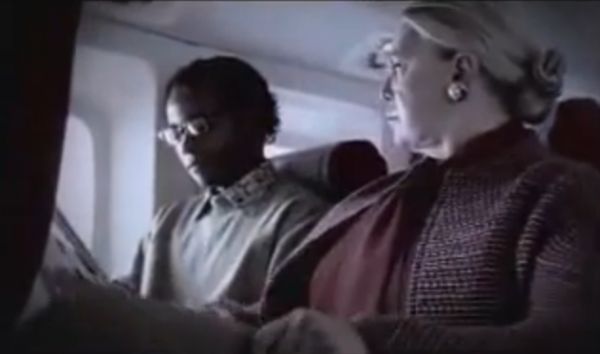
The sheer audacity of it! This wasn’t a medical emergency, just a blatant disregard for basic safety protocols and the shared experience of hundreds of strangers. The Reddit user who witnessed this incredible spectacle described it perfectly: “She did not make any eye contact and felt that she was special.” No doubt, she envisioned herself making a swift, triumphant exit, leaving the peasantry in her wake. The flight crew, doing their job, repeatedly asked her to return to her seat. But she was not even responding. It was a standoff, a silent battle of wills between a lone entitled passenger and the collective exasperation of an entire plane.
The tension in the cabin must have been palpable, or perhaps, given the exhaustion, just a heavy, collective sigh. The Reddit user noted, “nobody said a word,” a testament to how drained everyone was, or perhaps, how utterly flabbergasted they were by this woman’s brazenness. We’ve all been in situations where we’re too tired to confront rudeness, preferring to just let it slide. But this pilot, bless his brilliant mind, had other plans. He wasn’t about to let this act of entitlement go unnoticed. He was about to deliver a masterclass in passive-aggressive, yet perfectly justified, public shaming.
Suddenly, an announcement crackled over the intercom, cutting through the weary silence. “Suddenly, the captain announced we had a special guest on board and he would be coming out to greet us after we were settled at the gate.” A special guest? Everyone on the plane must have exchanged confused glances. Who could it be? A celebrity? A dignitary? Meanwhile, our ‘Karen’ stood there awkwardly at the front, for what must have felt like an eternity, as the plane continued its slow crawl to the gate – a good 15-20 minutes of excruciating, self-imposed public humiliation. The anticipation, the slow burn, the sheer genius of this setup!
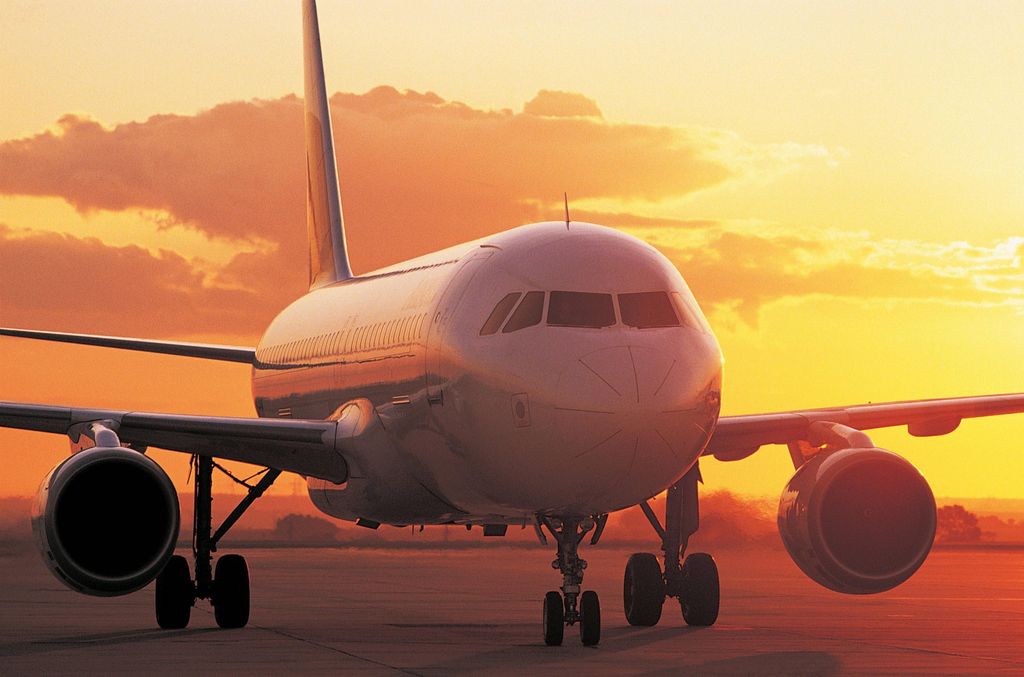
Finally, the plane pulled into the gate. The doors hadn’t even opened when the captain emerged from the cockpit. The Reddit user continued the narration of this epic moment: “Eventually, the captain came out and asked the lady to please move back a little to get to his special guest, then a little more. Then a little more.” He kept going, methodically working his way down the aisle, asking the flustered woman to step back further and further. “He was looking from row to row, trying to find a specific person. Everyone is watching and looking around to see who it could be.” The suspense was building, the entire plane was enthralled, a captive audience for this unfolding drama.
The captain, a true maestro of the moment, kept urging her back, step by agonizing step, until she reached the very rear of the plane – her original seat. It was at this point, with the ‘special guest’ standing exactly where she belonged, that he grabbed the intercom again. And then, the mic drop: “Ladies and gentlemen, I’d like to announce our special guest sitting in seat 42C. Let’s give her a round of applause.” The Reddit user’s description of the aftermath says it all: the whole plane went “wild with laughter and applause,” adding, “I loved every moment of that.” It was a collective roar of approval, a moment of catharsis for everyone who’s ever had to deal with someone who thinks they’re above the rules. It was a win for common decency, delivered with impeccable timing and a dry wit that deserves its own comedy special.
Now, of course, the internet being the internet, some users actually tried to defend the woman. One person argued, “Some people just aren’t good with flights,” sharing a personal anecdote about severe motion sickness. And while empathy is always important, it’s a huge leap from motion sickness to darting to the front of a moving plane, ignoring safety instructions, and feeling ‘special.’ Most of us, even with genuine discomfort, manage to wait our turn. It’s a stark reminder that while flying can be stressful, it doesn’t grant anyone a free pass to disregard safety or basic human respect.
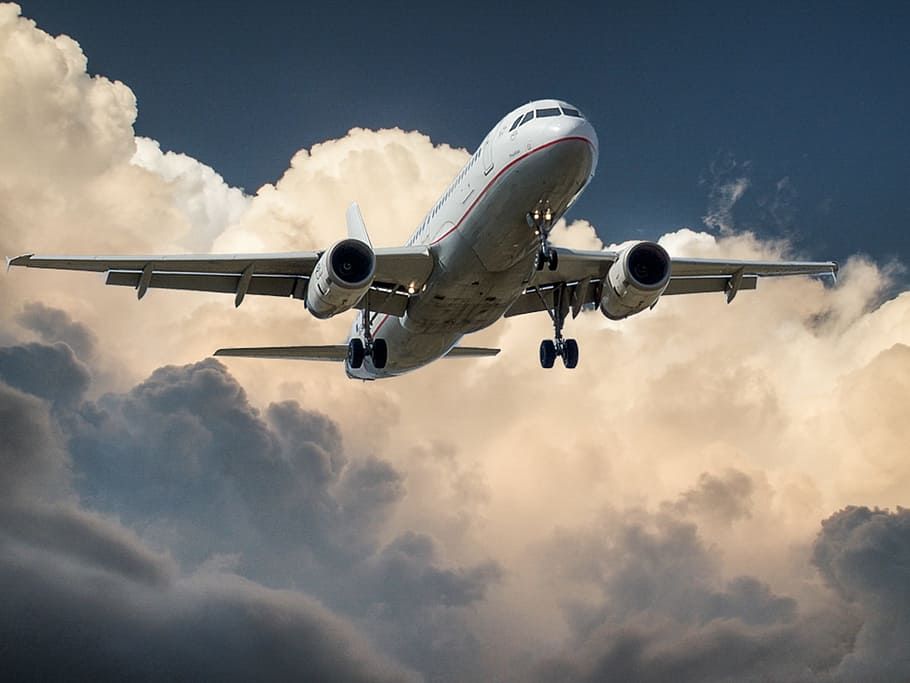
But for every defender, there were countless others who sided with the Reddit user, echoing the widespread frustration with such behavior. I f**king hate these people,” one commented, capturing the raw annoyance many feel. Another proudly declared, “I have a T-shirt that says, ‘STOP STANDING UP WHEN THE PLANE LANDS.’ People either love it or don’t get it.” It just goes to show that this isn’t an isolated incident; it’s a shared pain point for many frequent flyers. The satisfaction derived from this pilot’s clever handling of the situation wasn’t just about schadenfreude; it was about seeing justice served, albeit in a humorous, non-confrontational way.
This isn’t an isolated incident, either. Air travel, for all its convenience, seems to be a magnet for frustrating folks who truly believe the rules of life don’t apply to them. It’s a special kind of entitlement, often mixed with the inherent stress of flying, that brings out the worst in some passengers. Whether it’s people being too intoxicated to board or causing disruptions throughout the flight, bad passenger behavior is an unfortunate yet common occurrence in the customer service business of air travel. And just like with the ‘Karen’ at the front of the plane, pilots and flight attendants often have to dig deep into their reserves of patience and ingenuity to manage these situations.
Take another jaw-dropping scenario: a commuting airline Captain, a pilot himself, just trying to get to work. He’s based in Atlanta but treats Houston as his more permanent home, meaning he regularly commutes between the two states. This particular day, all the usual options for a commuting pilot – like a jump seat in the cockpit or a “pass riding” seat – were unavailable. So, he did what any regular passenger would do: he bought the very last seat in first class. Imagine a pilot, paying full price, just to get to his job. Seems straightforward, right
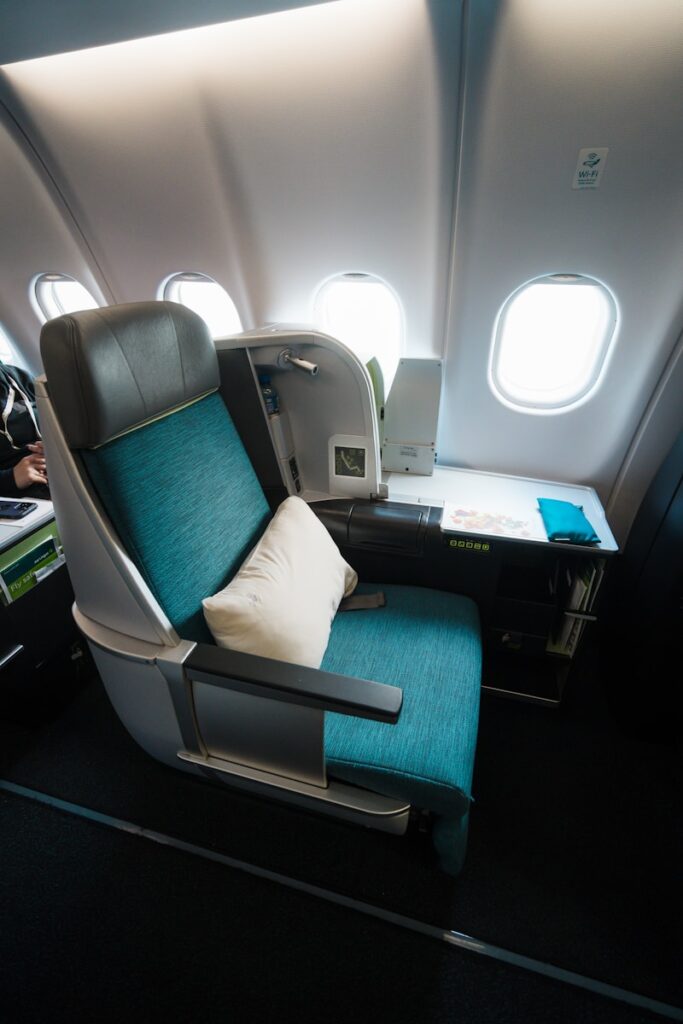
Wrong. After settling into his paid-for first-class seat, he was immediately confronted by a displeased passenger. “You are sitting in my seat,” the woman informed him, not asked, but told, with an immediate demand: “You’ll need to move right now.” Our commuting pilot, utterly unfazed, simply checked his own boarding pass, confirming he was indeed in the correct seat. He calmly stated he wasn’t moving. But the woman, oh, the woman persisted. She insisted he was an employee, not a passenger, and that the seat belonged to her. When he asked to see her boarding pass, she flat-out refused. The audacity!
He then directed her to resolve the issue with the flight crew, reiterating, “I’m a passenger.” In a huff, she disappeared, only to reappear moments later with a flight attendant in tow, clearly expecting backup. The flight attendant, professional as ever, asked to see the pilot’s pass, which, of course, confirmed he was a paying customer in his assigned seat. “Ma’am, that’s his seat. He paid for it,” the attendant calmly informed the entitled passenger. But she was having none of it. Her response? “Well then, throw him off, dear. I’ve upgraded to first class, and that is now my seat.”
Can you even imagine the sheer arrogance? She refused to show her boarding pass, claiming she’d already shown it. The flight attendant, trying to untangle this bizarre miscommunication, asked clarifying questions, but the passenger refused to answer most of them. It was a stalemate, a classic case of an entitled individual believing their desire trumped all logic, rules, and common decency. This is where the captain, once again, stepped in, and this time, he pulled off a move that was less about public shaming and more about strategic brilliance.
The captain approached the woman, seemingly apologetic. He informed her that he had spoken with the Gate Agent and that her paperwork had been corrected, and, oh, a voucher for future travel was waiting for her as well. The trap was set. “Please go fetch your new boarding pass and your voucher, and we’ll be on our way,” he instructed. The woman, eyes undoubtedly gleaming at the prospect of a ‘free’ voucher and ‘correct’ paperwork, willingly stepped off the flight. And the moment her feet touched the jet bridge, the captain gave the signal: close all doors, prepare for flight
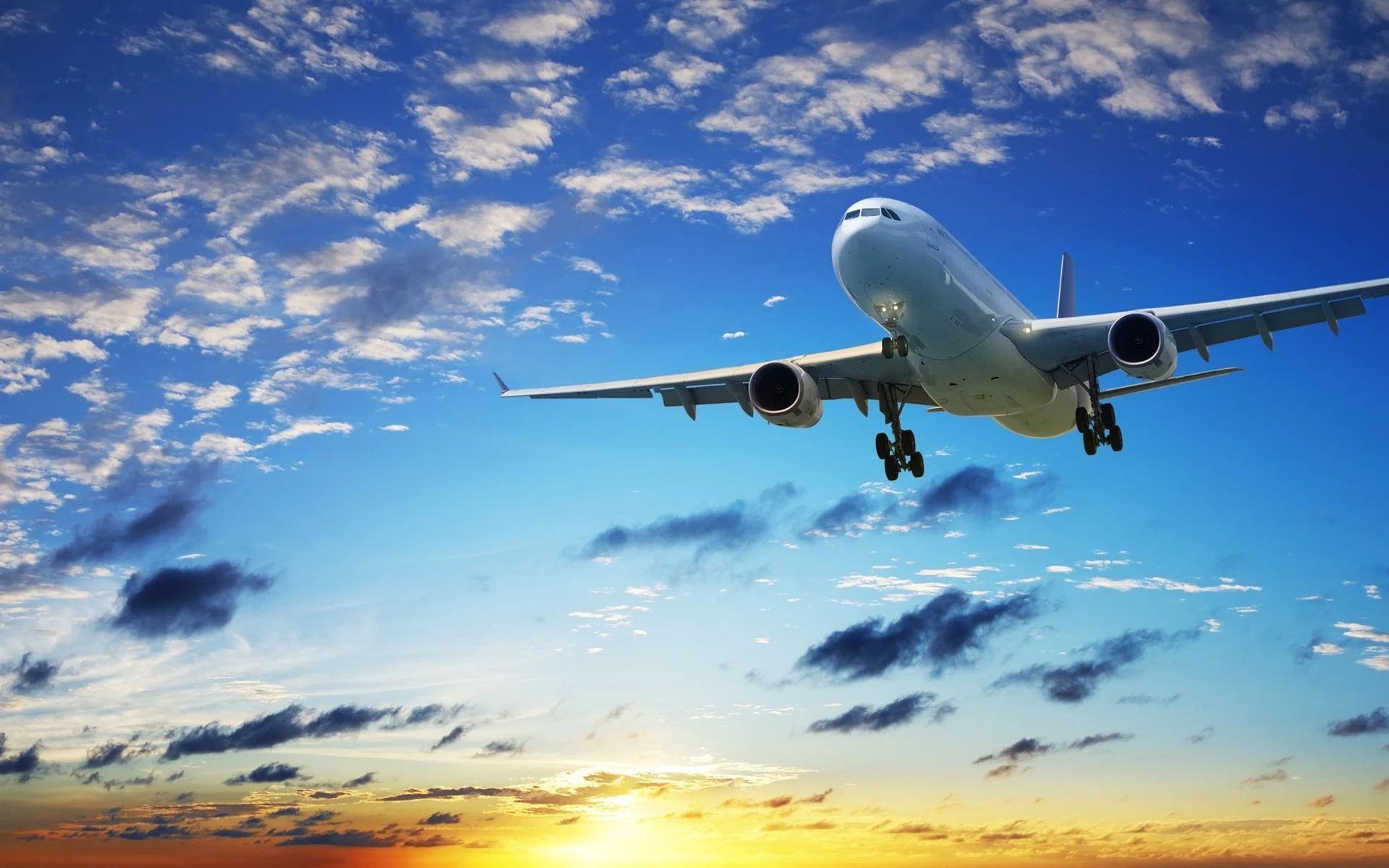
It was a brilliant, diplomatic trick. While the offer of a voucher was genuine, its immediate purpose was to get her to voluntarily leave the aircraft without the need for security or any further escalation. As it turns out, this is a common strategy. Captains actually have the power to remove passengers under Section 44902(b) of the FAA, known as “permissive refusal,” which basically states an air carrier can refuse to transport anyone who “is, or might be, inimical to safety.” But calling security can often make things worse, escalating aggressive behavior into physical confrontations, causing significant delays. By convincing a passenger to leave to get their ‘paperwork,’ airlines can smoothly de-escalate without further drama, keeping schedules running and everyone safe. It’s a testament to the quick thinking and problem-solving skills these pilots possess, not just in the cockpit, but in the often-turbulent world of human interaction.
These stories, while frustrating, really resonate because they highlight a universal truth: we all just want to get to our destination as quickly and smoothly as possible. And it really doesn’t take much to be a good plane passenger. Flying is stressful, yes, but that stress is no excuse for aggression or confrontation, whether towards fellow passengers or the dedicated crew. In fact, being a good airplane passenger is incredibly simple. It boils down to one powerful concept: politeness. Saying “please” and “thank you” to flight attendants, treating them as human beings, not just service robots. It means being aware of your surroundings, stepping into the row to let someone pass, and patiently waiting for your turn. It’s the simple stuff that makes a world of difference.
It’s about not acting entitled, like the women in these stories. It’s about being a good seatmate – not kicking the seat in front of you, not reclining too far into someone’s lap, and being mindful of those shared armrests. And while these seem like pretty reasonable requests, some passengers take it a step further: removing their shoes and letting their feet invade everyone’s airspace, playing music too loud for everyone else to ‘enjoy,’ or, perhaps the most universally reviled, eating incredibly smelly food. These actions, small as they may seem, make the trip unpleasant for everyone else in that shared metal tube.
The beauty of these pilot stories, beyond the sheer satisfaction of seeing entitlement challenged, is how they underline the collective nature of air travel. Everyone on that plane, from the first-class cabin to the very last row in economy, is literally in the same boat (or plane!). We’re all experiencing the same desire for a seamless trip, and we all know that causing a disruption only delays that goal. The quick-thinking pilot who called out the ‘special guest’ and the clever captain who tricked an entitled passenger off the plane are more than just airmen; they’re accidental heroes of social order, reminding us that a little courtesy goes a long, long way, and sometimes, a dash of wit can smooth out even the bumpiest of human interactions in the sky. So, the next time you fly, remember these tales, and perhaps, take a page from these pilots’ books – be nice, be patient, and let’s make the skies a little more civilized for everyone.
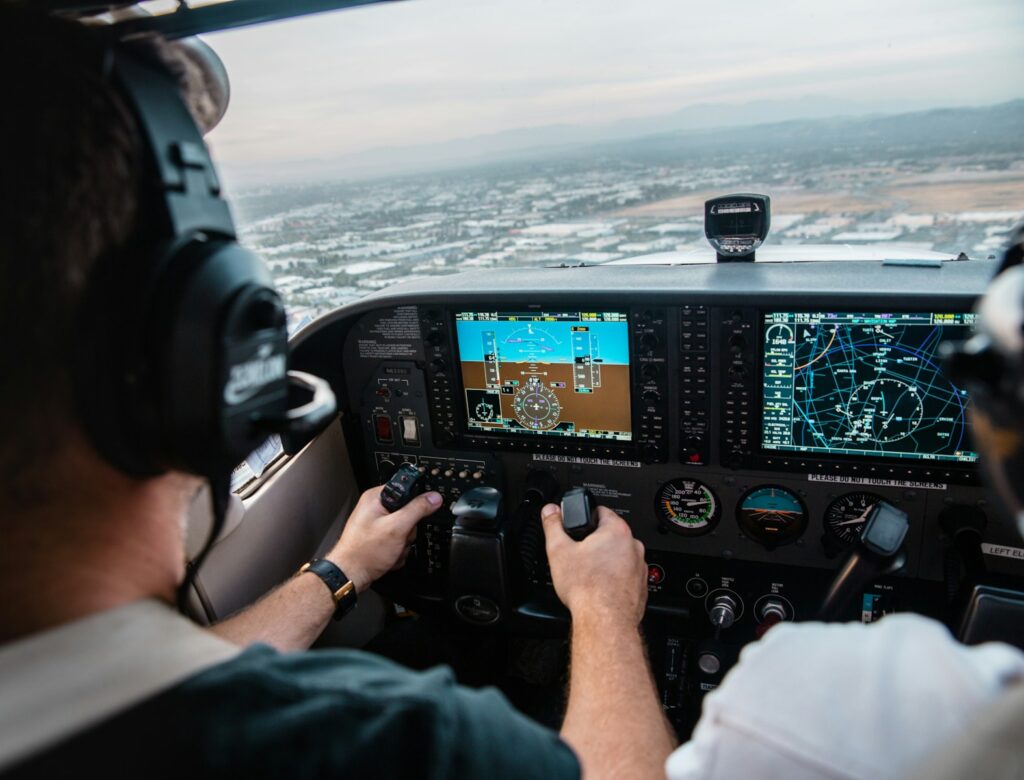
The commuting pilot’s tale, which started to unfold in our previous discussion, perfectly illustrates this bizarre blend of stress, entitlement, and the unexpected moments of genius that air travel can serve up. Here was a Captain, trying to get to his essential job, who had to buy the very last first-class seat because all his usual commuting options were simply unavailable that day. He was a regular, paying customer, just like anyone else, yet he was immediately confronted by a woman who, without a hint of politeness, simply declared, “You are sitting in my seat. You’ll need to move right now.” The sheer, unvarnished audacity of it is almost cinematic.
Our pilot, seasoned and calm as ever, simply checked his own boarding pass, confirming he was indeed in the correct, paid-for seat, and politely but firmly refused to budge. But the woman persisted with a tenacious belief in her own exceptionalism. She insisted he was merely an airline employee, not a legitimate passenger, and that the seat inherently belonged to her, despite her inability to produce her own boarding pass. When he, quite reasonably, asked to see her ticket, she flat-out refused, convinced her word was enough. It wasn’t just a simple mix-up; it was a brazen power play, asserting dominance based on a self-serving perception of entitlement.
When the pilot, with admirable restraint, directed her to resolve the issue with the flight crew, she disappeared in a huff, only to reappear moments later with a flight attendant in tow, clearly expecting immediate backup and validation. But the flight attendant, after seeing the pilot’s valid boarding pass, confirmed, “Ma’am, that’s his seat. He paid for it.” Yet, she was having none of it. Her jaw-dropping response? “Well then, throw him off, dear. I’ve upgraded to first class, and that is now my seat.” The sheer arrogance, the utter disregard for rules and facts, was astounding. She refused to show her boarding pass and ignored the flight attendant’s clarifying questions, creating a frustrating impasse that could have easily escalated into a chaotic scene, delaying everyone on board
This is precisely where the captain of *that* flight, another unsung hero in the annals of air travel, stepped in with a display of strategic brilliance that was less about public shaming and far more about smooth, efficient de-escalation. He approached the woman, his demeanor seemingly apologetic, and informed her that he had just spoken with the Gate Agent. Her paperwork, he explained, had been “corrected,” and, as a bonus, a voucher for future travel was waiting for her as well. “Please go fetch your new boarding pass and your voucher, and we’ll be on our way,” he instructed. Her eyes undoubtedly gleamed at the prospect, and she willingly stepped off the flight, walking right into the perfectly set trap.
The moment her feet left the aircraft and touched the jet bridge, the captain, with impeccable timing, gave the signal: “Close all doors, prepare for flight.” It was a diplomatic masterpiece. This highlights a crucial, often unseen, aspect of air travel management: captains possess significant authority under Section 44902(b) of the FAA, known as “permissive refusal.” This legal provision essentially states that an air carrier can refuse to transport anyone who “is, or might be, inimical to safety.” Calling security to forcibly remove a passenger often creates bigger problems, risking aggressive behavior and causing significant, schedule-disrupting delays. By cleverly convincing a passenger to voluntarily leave for “paperwork,” airlines de-escalate without drama, keeping schedules running like clockwork and ensuring everyone’s safety. It’s a testament not just to pilots’ flying skills, but to their incredible ability to navigate human behavior, transforming potential meltdowns into seamless departures. These stories are true masterclasses in managing the unexpected with wit and wisdom.
So, what profound lessons do these engaging tales of mid-air mastery truly teach us? They underscore a universal truth that binds every single person on an airplane: we all crave a smooth, swift journey to our destination. And honestly, it really doesn’t take much to be a truly good plane passenger. Yes, flying can be stressful – the perpetually cramped seats, the relentlessly dry air, the seemingly endless waiting on the tarmac. But that inherent stress is never, ever an excuse for aggression or confrontation, whether it’s directed at fellow travelers or at the dedicated crew members. Being a good airplane passenger, at its very core, is incredibly simple, boiling down to one powerful, often underestimated, concept: politeness.

It’s about those simple, often overlooked gestures that collectively make a world of difference in a confined space. It starts with the basics: saying “please” and “thank you” to flight attendants, genuinely recognizing them as hardworking human beings. This small act of acknowledgment fosters a more positive atmosphere. It means being acutely aware of your surroundings and the needs of others: stepping into the row to let someone pass when the aisle is congested. It means patiently waiting your turn when deplaning, understanding that every single person around you is feeling the exact same urgent desire to stretch their legs. It’s these small, consistent acts of consideration that transform a potentially cramped, irritating experience into something far more tolerable, even surprisingly pleasant.
And then there’s the nuanced art of being a good seatmate. This isn’t rocket science, but it’s amazing how often these fundamental tenets of shared space are completely forgotten or willfully ignored. It means consciously not kicking the seat in front of you, a seemingly minor annoyance that, over the course of a flight, can drive the person in front to the brink of distraction. It means being exquisitely mindful of your recline – those precious few inches can feel like a grand intrusion into someone else’s minimal personal bubble. Those shared armrests? They’re not personal property; they’re a delicate negotiation to share the comfort. And please, for the love of all that is good, let’s talk about those universally reviled behaviors that make everyone groan: removing shoes and letting your feet invade everyone’s airspace with questionable odors, playing music too loud, or, perhaps the most notorious, unleashing the aroma of incredibly smelly food into a sealed cabin. These transgressions pile up to collectively make the trip deeply unpleasant.
Beyond the everyday etiquette and the clever handling of misbehavior, there are profound moments when pilots rise to another level entirely, demonstrating truly remarkable empathy. These moments remind us of the deep human element at the very heart of air travel, especially when the world outside the cabin feels uncertain. Consider a truly moving example that went viral: less than 24 hours after a tragic mid-air collision in Washington, D.C., claimed 67 precious lives, an American Airlines pilot on flight AA1044 from Jacksonville to Miami delivered an announcement that resonated profoundly not just with the passengers on board, but with millions more across social media.
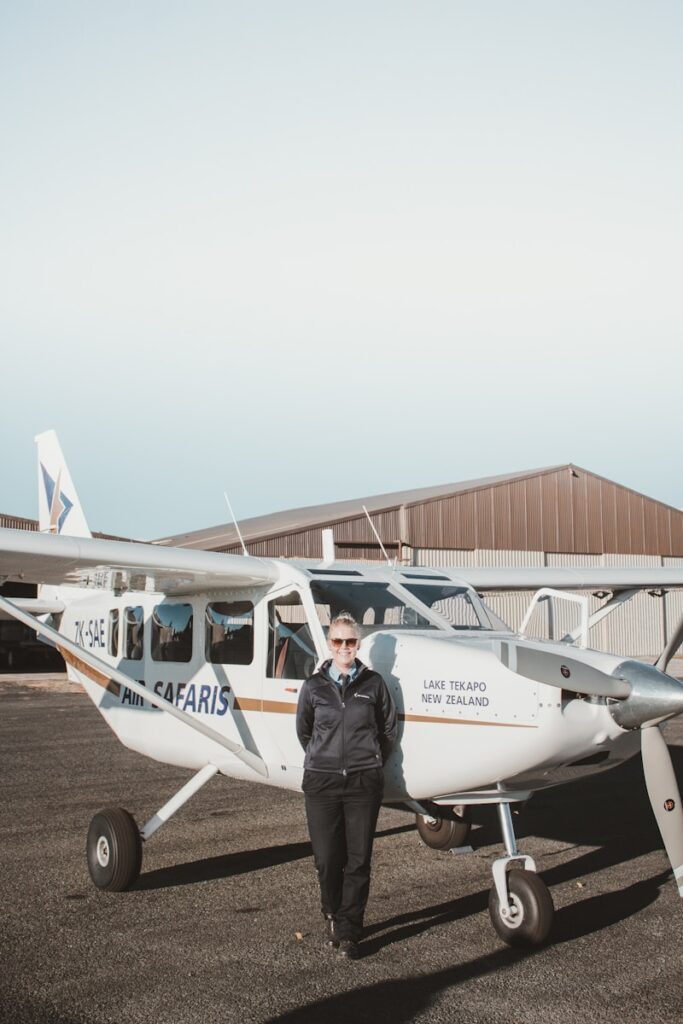
The pilot’s words, captured in a deeply affecting viral TikTok video by passenger Leighton Mixon, didn’t shy away from addressing the elephant in the cabin. He calmly and directly acknowledged the anxieties: “You may be fearful about flying, and that’s certainly understandable, but just please know that my first officer and our flight attendants and I place your safety and the responsibility of carrying you to Miami, to your families, your vacations, your gates, at the highest level.” With a voice that conveyed genuine commitment, he continued, “I have no higher calling than carefully, professionally transporting you today, so with that, relax and enjoy the beautiful evening that we get to fly in. We’ll begin shortly [and] welcome aboard.” It was a masterclass in compassionate communication, a moment of profound reassurance.
Leighton Mixon, a flight attendant himself, described the powerful, almost transformative impact of that announcement: “It’s every pilot’s job to inform and take control, but his kindness and his empathy far surpass his job description.” Mixon vividly recalled the unusual “silence on the plane,” a rare occurrence as every single person listened intently to every word. “And with one PA,” he reflected, “it’s like he just invited calm into the room. It felt like he was speaking literally to me, and then I looked up and quickly realized how badly every single person on the flight needed to hear what he had said.” This wasn’t just a standard safety briefing; it was a heartfelt, compassionate acknowledgment of shared vulnerability.
The social media reaction to this remarkable announcement was equally, if not more, heartfelt and immediate, pouring out praise and emotional responses from around the globe. Users articulated the raw impact: “That is so kind of him, knowing his heart is probably heavier than it’s ever been,” one commented, capturing the unspoken burden. Another echoed, “It’s like he felt the fear…I’m glad he spoke up about it.” The pilot’s sincerity was undeniably palpable, with one user poignantly noting, “His voice sounds like it broke when he said he had no higher calling. His heart is so so heavy.” This viral moment wasn’t about a clever comeback; it was about the profound, undeniable power of human connection, respect, and empathy in a shared, confined space, especially during times of collective anxiety and grief.
Scott Miller, an assistant professor of aviation and a commercial airline pilot with over 20 years of invaluable experience, further emphasized the enduring significance of such thoughtful gestures and the underlying safety of air travel. When asked directly if it’s safe to fly after such incidents, his answer, drawing on decades of expertise, is a resounding and confident “yes.” He patiently explains that aviation accidents are rarely, if ever, due to a single, isolated failure. Instead, he notes, “there is always going to be a number of things that lined up to allow this accident to occur.” The ongoing investigation into the D.C. crash will only “make air travel even safer” as every lesson is meticulously learned and implemented.
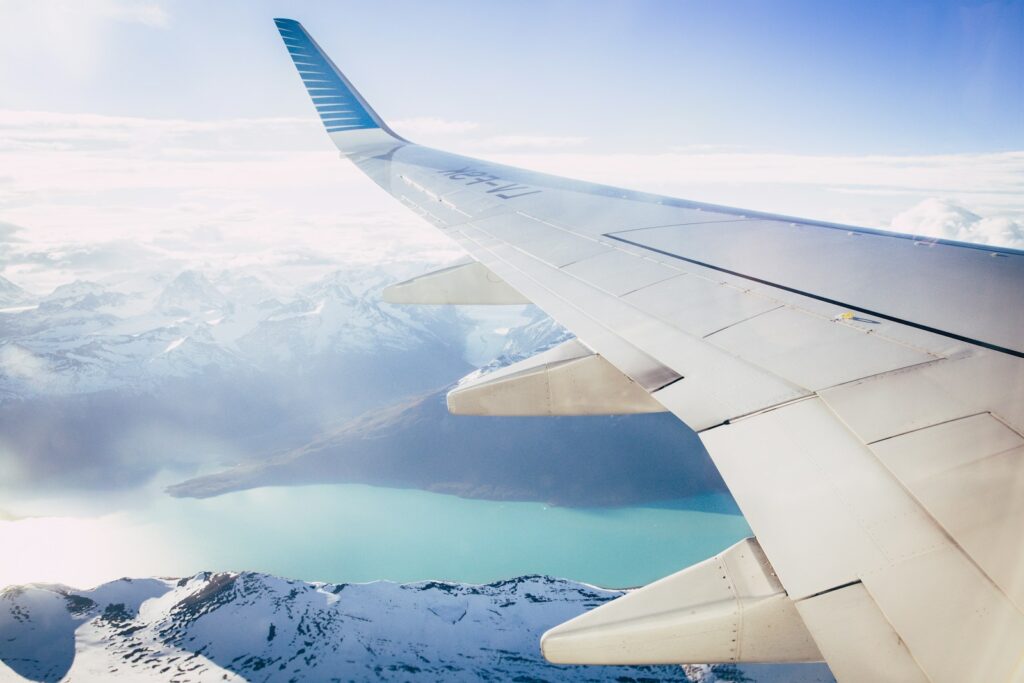
Miller powerfully underscores the deep, unwavering commitment of all aviation professionals: “Not just the pilots that are operating the aircraft – the flight attendants, the mechanics, the agents that are boarding the flight – we have a passion for what we do.” He added, with a clear sense of purpose, “There’s a satisfaction that we get from getting people where they need to go safely, efficiently, and on time, and things like this actually increase that passion to make sure that we’re doing everything that we can to limit the risks and keep the operation as safe as possible.” This shared dedication to safety and exceptional service truly elevates the entire flying experience, reminding us that behind every smooth flight is a team driven by passion and responsibility.
These powerful stories, spanning the spectrum from the humorously satisfying takedown of brazen entitlement to the profoundly touching expression of empathy in the face of tragedy, serve as potent, unforgettable reminders of the inherently collective nature of air travel. Every single person on that plane, whether nestled comfortably in the first-class cabin or seated in the very last row, is quite literally “in the same boat.” We all share the common, unspoken goal of a seamless, uneventful trip, and we inherently understand that causing a disruption only delays that collective goal for everyone onboard. The quick-thinking pilot who masterfully humbled a “special guest,” the clever captain who diplomatically removed an entitled passenger, and the compassionate pilot who calmed an entire cabin after a national tragedy – they are more than just skilled professionals executing their duties. They are, in their own unique ways, accidental heroes of social order and human connection, demonstrating leadership far beyond the cockpit.
They stand as shining examples, reminding us all that a little courtesy goes an incredibly long way, and sometimes, a dash of dry wit or a heartfelt, empathetic word can magically smooth out even the bumpiest of human interactions in the often-challenging environment of the sky. So, the next time you prepare for takeoff, remember these compelling tales. Take a page from these extraordinary pilots’ books, and from the quiet, collective understanding of the vast majority of passengers: be nice, be patient, and let’s actively work together to make the skies a little more civilized, a little more human, and a lot more enjoyable for everyone on board. After all, despite our individual destinations, we’re all just trying to get there, together, safely and with a bit of shared humanity.

